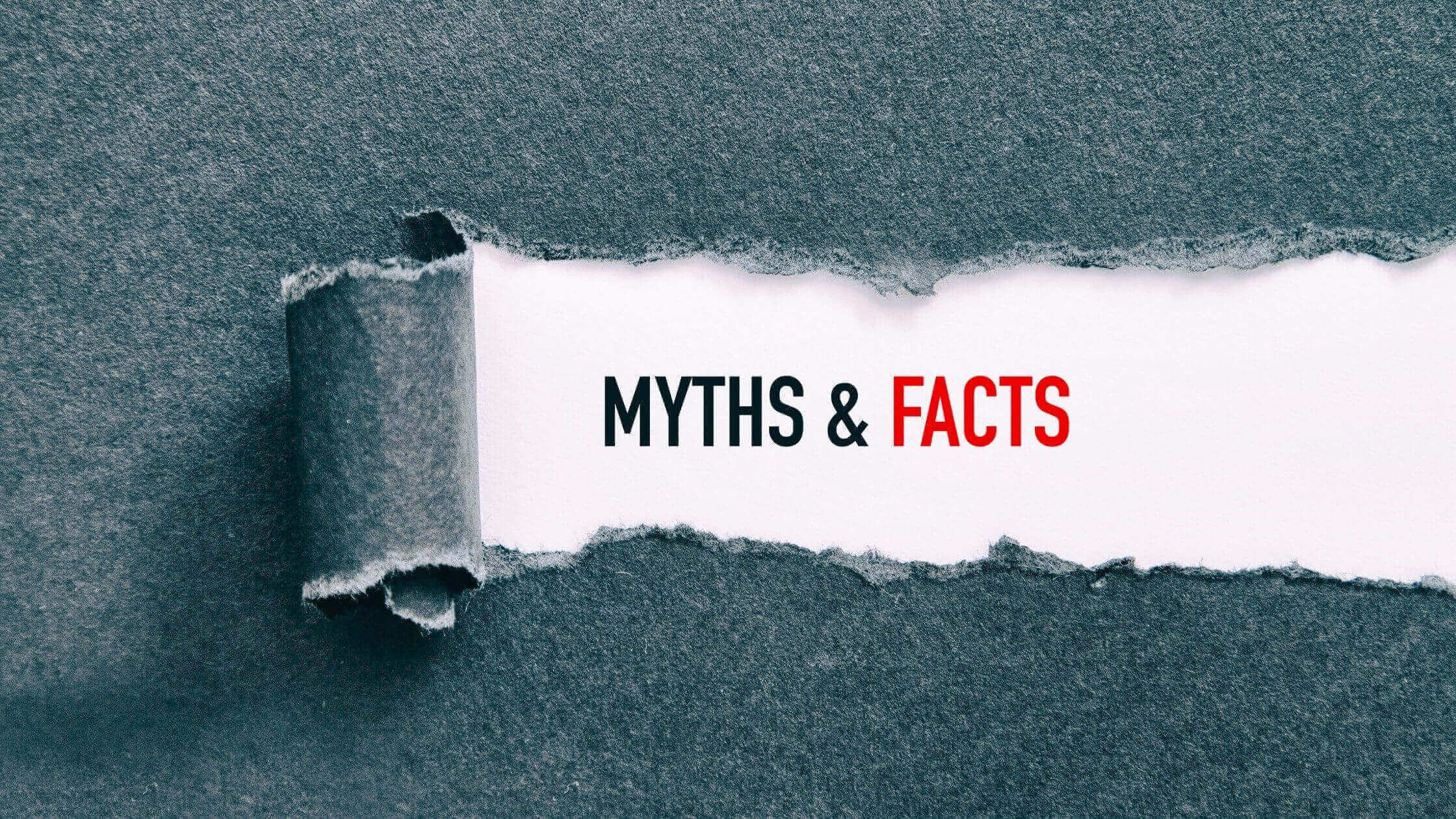SEO is an abbreviation for “search engine optimization.” It is simply the process of optimizing your website so that it is more visible when people search for items or services connected to your business on search engines. The greater your site’s exposure in search engine rankings, the more likely you are to garner notice and attract new and returning clients.
SEO is an important part of digital marketing because people do trillions of searches every year, and search is the key source of internet traffic for brands, complementing other marketing methods. Having more visibility and a better search engine ranking than your competitors could help your bottom line in a big way.
What is the time frame for seeing SEO results?
There is no definitive answer to the question of seo time frame. How long does seo take to work? The duration it takes to get organic results from SEO efforts, is a subject-matter most experts believe that it normally takes four to six months. By results, we refer to a quantifiable increase in traffic and the leads or conversions it generates. This doesn’t mean that you will definitely have reached your goal by this time, but you should expect to see results within this frame seo.
According to SEO Mechanic, in general, websites can produce results within four to six months. Forbes is also of the opinion that many SEO companies will tell you that it takes four to six months before you begin to see results. This is generally true, but keep in mind SEO results increase with time. However, Search Engine Magazine believes that within a few weeks, you may begin to observe gains in organic ranking and an increase in traffic for keyword themes with low competition. On the other hand, it might take a few months to finish a moderately competitive subject, but it might take a year or more to finish a very competitive one!
Why does SEO take so long?
Why does seo take so long? SEO is a tough game when it comes down to it. Just have a peek at the Search Engine Land Periodic Table of SEO Success Factors.
When it comes to SEO, there is so much to accomplish, and so much is outside the control of an SEO. Consider the competition, link building, reviews, social media history, and many other aspects that require time to truly manage or alter.
I believe it is beneficial to compare SEO to real estate. You purchase land (your domain name), then construct a home (your website) on that land, increasing its value (yay!). The value of your home has increased by double as a result of the addition of an extension (awesome content) and landscaping (on-page optimization).
However, one day, quite suddenly, the housing market crashed (algorithm update), and there’s nothing you could do about it. However, a few weeks later, after cleaning up and finishing the flooded basement (continuous optimization), renovating the outdated bathrooms (technical audit & fixes), and expanding your house further (awesome content), your home value is back on track and the chart is pointing back up.
Due to the numerous variables involved in SEO, outcomes are not linear (the housing market crash analogy above). The chart for organic growth will not rise at the projected rate month after month. Various occurrences cause the chart to be somewhat skewed. People will not look for a new automobile if a hurricane is approaching; Google’s algorithm may change without notice; a dealership may reduce branded advertising, resulting in decreased brand awareness; users may take an internet break around the holidays; etc.
Does SEO work? Yes SEO does but it takes time, however, you should see some changes right away and a steady rise in your organic search engine presence over the next few weeks and months.
Factors can affect how long your SEO strategy takes.
1.The History of Your Site
A new domain will almost always take longer to achieve success than an established one, as it has not yet established its authority or accumulated backlinks. A well-established domain, on the other hand, will usually have a minimum level of authority and backlinks that point to it.
2.The Competition
Results can be seen considerably quicker in low-competition domains and in low-competition search queries than in competitive ones.
3. Your Resources
You can’t control a website’s past or the competition.
However, what you can manage is the resources that are put toward an SEO project. It’s crucial to grasp exactly how this plays a big factor in the length of time it takes to see results from a campaign. The more resources you’re able to invest in SEO, the faster you’ll usually notice benefits.
Domain Age
Simply put, “Domain Age” refers to the length of time a domain name has been in existence. A website that has been up for a while will have an older domain than one that was just registered.
Backlinks
Backlinks are links from one website to a page on another website. Backlinks are considered “votes” for a page by Google and other major search engines. Pages with several backlinks tend to score highly in organic search results.
In essence, backlinks are votes from other websites. Each vote indicates to search engines that the content is valuable, credible, and useful. Therefore, the greater the number of these “votes” your site has, the better it will rank on Google and other search engines.
Web hosting issues and google penalties
1. Slow loading speed or repeated outages
Your website’s slow performance steals visitors, SEO rankings, and conversions. Downtime is much worse: while your website is inaccessible, both your commercial opportunities and your reputation are vanishing. Therefore, slow performance and downtime are significant hosting difficulties.
2. Lack of safety
You wish to protect the data on your website. When your hosting company cannot assist, there is a problem. Shared hosting is perhaps the least secure type of hosting because it offers the least amount of privacy.
Google penalties are fines or bad effects that lower a website’s position in Google’s search results or perhaps delete it entirely. Google may apply a penalty if it feels a website violated its regulations or used “black-hat” SEO techniques. Google imposes punishments both humanly and algorithmically.
Web structure and architecture
Your site’s structure is the manner in which internal links and page hierarchy connect the various pages on your site. It refers to how the material on your website is organized and displayed so that an algorithm can accurately interpret its context. A good website structure makes it easy for users and crawlers to find their way around, which improves your website’s search engine optimization (SEO) score.
Your website’s architecture is defined by its hierarchical page structure. Through internal connections, this structure is represented. The way your website is set up should make it easy for people to find information and help search engine spiders figure out how pages relate to each other
Competitor keywords
Competitor keywords are terms that your competitors are currently seeking to improve their search engine rankings and increase website traffic. Targeting rival keywords enables you to show up on the same SERPs (search engine results pages) as your competitors.
Content
Web content refers to the literary, auditory, or visual content published on a website. Content is any creative element, like text, software, photos, archived e-mail messages, data, e-services, audio and video files, and so on. Web content is the secret to traffic growth for websites. Also, it’s important to make sure that the online content is optimized for search engines so that it works with the search terms.
SEO Strategies (on-page and off-page)
On-page SEO focuses on making a website that is appealing to users and, in turn, search engines. Off-page SEO, on the other hand, focuses on getting people to know about a website and giving its content trust and authority.
On-page SEO refers to SEO factors and techniques that focus on optimizing aspects of your website over which you have direct control. On-page SEO includes most of the “basic” parts of search engine optimization, like keywords, HTML tags, page titles, and making sure your site works well on mobile devices.
Off-page SEO refers to SEO factors and strategies that focus on promoting your website or brand elsewhere on the Internet. Off-page SEO is the collection of strategies, tactics, and efforts you employ to promote your content on third-party websites throughout the Internet. This part of SEO is all about getting your website, business, or brand mentioned on other websites.
Get the fastest SEO results with Dispensary Growth
At Dispensary Growth, we offer premium services that give your company sustainable and the fastest seo results. We know what’s working and what’s not thanks to our advanced data analytics, which you will also have access to in real time. We’ll make the necessary changes to improve the results and make sure you’re getting your money’s worth.
Conclusion
SEO enables you to be the solution to potential consumers’ questions. In addition to increasing your exposure and traffic, SEO helps you establish yourself as an authority in your dispensary’s local area. The association between authority and brand trust ultimately results in brand loyalty.




